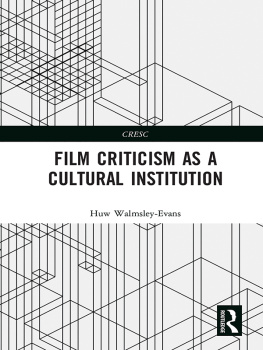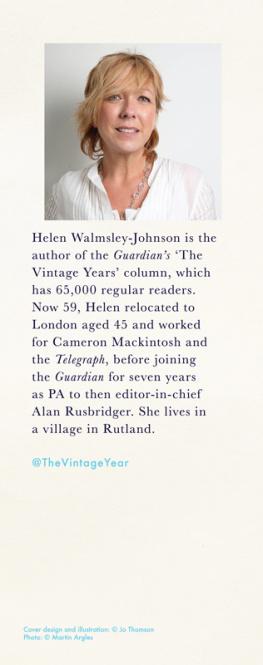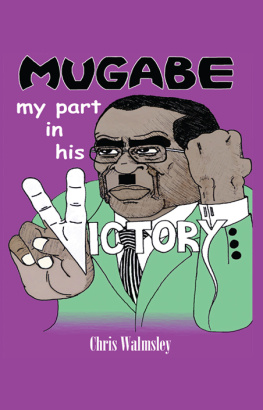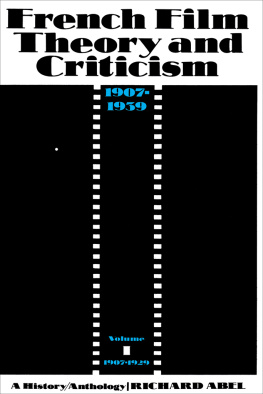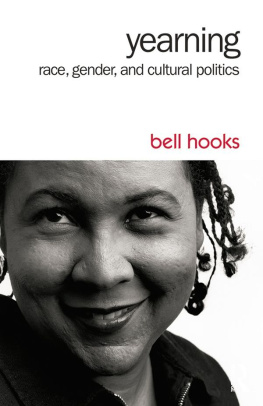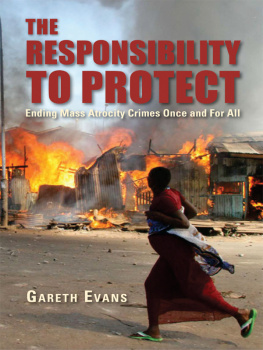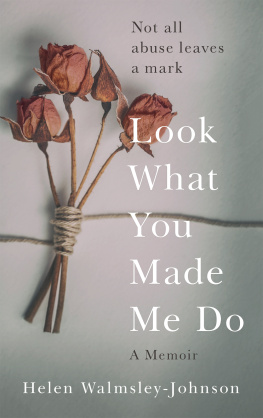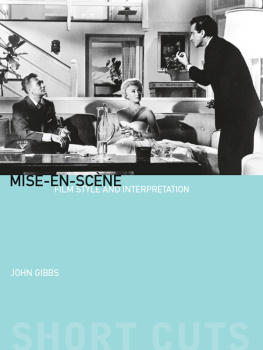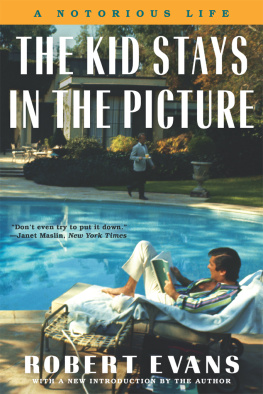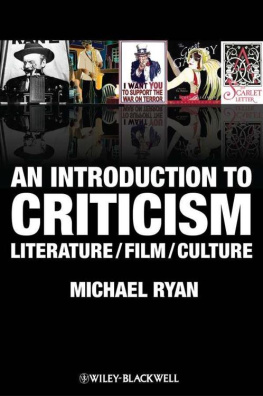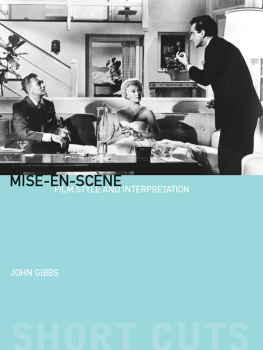Film Criticism as a Cultural Institution
At the beginning of the 21st century film criticism was described as in crisis. The decline of print journalism, a series of lay-offs of prominent critics, and the rise of amateur reviewing online spurred a conversation about the decline, even death, of film criticism. This discourse flourished in part because film criticism has been little examined in scholarship to date. This book takes a deeper look at film criticism by focusing on its institutional contours. This is achieved through a combination of archival research and interviews with prominent film critics and stakeholders, including Adrian Martin (LOLA), Stephanie Zacharek (Time), Peter Bart (Variety), and Andrew Sarris (The Village Voice).
Film Criticism as a Cultural Institution first examines the contemporary crisis conversation surrounding film criticism, comparing this to historical precedents. It then provides what todays crisis conversation does not: an account of film criticisms institutional formations. Using primarily U.S. and Australian case studies based on interviews, observation, and archival research-as well as accounts from other national schools-the book maps contemporary film criticism. Across various sites, such as publications or online spaces, and organisations, such as film critics circles, it elucidates film criticisms institutional practices, tasks, comportments, and personae.
Looking at the history of conversations about film criticism shows us that crisis has always been a leitmotif. While acknowledging the considerable changes and challenges that film criticism faces today, this book situates these within an historical context and proposes an institutional framework that allows us to move beyond crisis discourse. Looking at film criticism in this way allows us to see that the very question of what counts as film criticism is continually contested within an institutional ecology made up of distinctive critical comportments addressed to distinctive audiences.
Huw Walmsley-Evans has taught film, media, communication, and cultural studies for a decade at institutions including the University of Queensland and Queensland University of Technology. His writing has appeared in Screening the Past, Senses of Cinema, LOLA, and Screen Machine. He is the co-founder and co-director of the Queensland Film Festival. He received his doctorate from the University of Queensland in 2013. This is his first book.
CRESC
Anewseries from CRESC the ESRC Centre for Research on Socio-Cultural Change
Professor Tony Bennett, Social and Cultural Theory, University of Western Sydney; Professor Penny Harvey, Anthropology, Manchester University; Professor Kevin Hetherington, Geography, Open University
The Culture, Economy and the Social series is committed to innovative contemporary, comparative and historical work on the relations between social, cultural and economic change. It publishes empirically based research that is theoretically informed, that critically examines the ways in which social, cultural and economic change is framed and made visible, and that is attentive to perspectives that tend to be ignored or sideined by grand theorizing or epochal accounts of social change. The series addresses the diverse manifestations of contemporary capitalism, and considers the various ways in which the social, the cultural and the economic are apprehended as tangible sites of value and practice. It is explicitly comparative, publishing books that work across disciplinary perspectives, cross-culturally, or across different historical periods.
For more info please see: www.routledge.com/CRESC/book-series/CRESC
Recent series titles include:
Cultural Pedagogies and Human Conduct
Edited by Megan Watkins, Greg Noble and Catherine Driscoll
Culture as a Vocation
Sociology of career choices in cultural management
By Vincent Dubois
Topologies of power
By John Allen
Distinctions of the Flesh
Social class and the embodiment of inequality
By Dieter Vandebroeck
Infrastructures and Social Complexity
A companion
Edited by Penny Harvey, Casper Bruun Jensen and Atsuro Morita
Film Criticism as a Cultural Institution
Crisis and continuity from the 20th to the 21st century
By Huw Walmsley-Evans
Film Criticism as a Cultural Institution
Huw Walmsley-Evans
First published 2018
by Routledge
2 Park Square, Milton Park, Abingdon, Oxon OX14 4RN
and by Routledge
711 Third Avenue, New York, NY 10017
Routledge is an imprint of the Taylor & Francis Group, an informa business
2018 Huw Walmsley-Evans
The right of Huw Walmsley-Evans to be identified as author of this work has been asserted by him in accordance with sections 77 and 78 of the Copyright, Designs and Patents Act 1988.
All rights reserved. No part of this book may be reprinted or reproduced or utilised in any form or by any electronic, mechanical, or other means, now known or hereafter invented, including photocopying and recording, or in any information storage or retrieval system, without permission in writing from the publishers.
Trademark notice: Product or corporate names may be trademarks or registered trademarks, and are used only for identification and explanation without intent to infringe.
British Library Cataloguing in Publication Data
A catalogue record for this book is available from the British Library
Library of Congress Cataloging in Publication Data
Names: Walmsley-Evans, Huw, author.
Title: Film criticism as a cultural institution / Huw Walmsley-Evans.
Description: Abingdon, Oxon ; New York : Routledge, 2018.
Identifiers: LCCN 2017049666| ISBN 9781138186583 (hardcover) | ISBN 9781315643762 (e-book)
Subjects: LCSH: Film criticism.
Classification: LCC PN1995 .W348 2018 | DDC 791.4301/5-dc23
LC record available at https://lccn.loc.gov/2017049666
ISBN: 978-1-138-18658-3 (hbk)
ISBN: 978-1-315-64376-2 (ebk)
For Nadia
This book began life as doctoral research at the University of Queensland, in what was then called the School of English, Media Studies, and Art History and is now called the School of Communication and Arts. Whatever name it goes by, it is a community of academics, professional staff, postgraduate, and undergraduate students that provided me with an ideal scholarly home and family, and continues to do so.
I would like to thank all of those scholars who had no obligation to contribute to my thinking about film criticism but nevertheless gave generously of their time and attention: Frances Bonner, David Carter, Jason Jacobs, Graeme Turner, and many others. These scholars complemented my extraordinary thesis advisers: Tom ORegan and Stuart Glover. Stuarts humour and pragmatism as associate adviser were crucial to the projects successful completion, while Tom was and is the Socratic ideal. He taught me to be an intellectual, and I am enormously proud to call him my colleague.
My fellow postgraduates during this period are a veritable Whos Who of (future) superstars of film, television, media, and cultural studies, and I would like to thank them for their encouragement and support, in particular Elliott Logan, Rowena Grant-Frost, John Edmond, Alison Taylor, and Jessica Miller. My friends outside of the School are equally talented, empathetic, and grounding. I wish to thank Madeleine King, Mark Lawson, Luke Maninov, Paula Dunlop, Troy Gallagher, and Melissa Shipton for being who they are. I would also like to sincerely thank my family for their unwavering support and patience.


